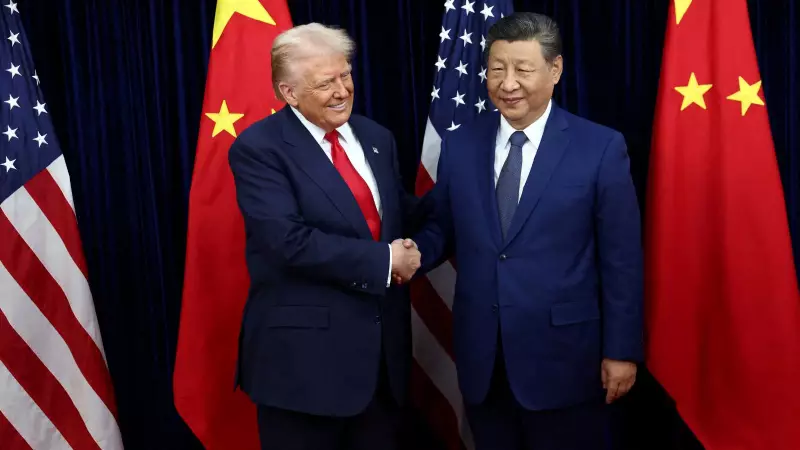
In a landmark development that could reshape Asian security dynamics, the United States and China have taken a decisive step toward reducing military tensions by agreeing to establish direct communication channels between their armed forces.
Breaking the Silence: A New Era of Military Dialogue
The agreement comes after years of strained military communications, particularly following former US House Speaker Nancy Pelosi's controversial visit to Taiwan in 2022, which prompted Beijing to sever existing dialogue mechanisms. This new understanding represents what analysts are calling a "great leap of faith" between the world's two largest economies.
The breakthrough occurred during the highly anticipated meeting between US President Joe Biden and Chinese President Xi Jinping in San Francisco, where both leaders recognized the urgent need to prevent misunderstandings from escalating into full-blown conflicts.
What the New Military Channels Mean for Regional Security
The establishment of these communication links addresses growing concerns about accidental clashes in strategically vital regions, particularly:
- The South China Sea, where both nations regularly conduct naval operations
- The Taiwan Strait, a persistent flashpoint in US-China relations
- Airspace encounters between military aircraft
Military experts emphasize that these channels will serve as critical emergency lines, similar to the Cold War-era hotline between Washington and Moscow, allowing for immediate communication during potential crises.
Broader Implications for India and the Indo-Pacific
For India, which closely monitors China's military movements along their shared border and in the Indian Ocean region, this development carries significant implications. Improved US-China military communication could potentially reduce the risk of regional escalation while maintaining the delicate balance of power in the Indo-Pacific.
The agreement also signals a possible thaw in broader US-China relations, which have been frosty due to trade disputes, technology competition, and differing views on Taiwan's status.
As both superpowers navigate their complex relationship, this military communication breakthrough offers hope for more stable and predictable interactions in one of the world's most crucial geopolitical relationships.






